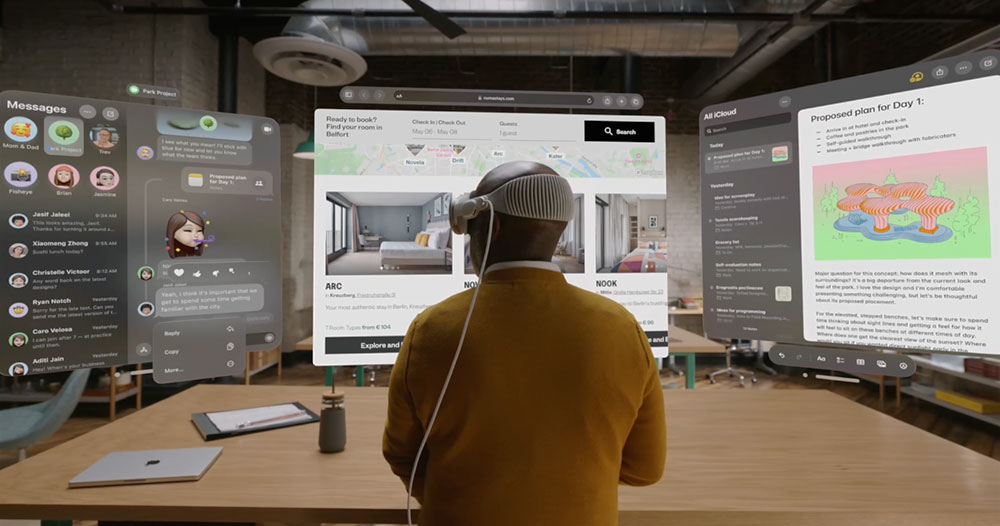
The White House last week added to the ongoing national discussion about online privacy and tracking with the release of a review it asked counselor John Podesta to conduct on Big Data and privacy issues.
Among other things, privacy advocates hope the findings will serve to spotlight the role of mobile in the gathering of consumer data by companies. For better or worse, mobile technologies have a particularly voracious appetite for consumer data, and as mobile apps broaden in functionality — particularly in areas such as health and finance — both consumers and brands have to be particularly vigilant.
“With the massive shift towards mobile devices as the primary access point to the Internet, the availability of new types and sources of information will be a boon to the information collectors and a potential privacy nightmare for individuals,” Alec Main, CEO of Graphite Software, told CRM Buyer.
Opt-in is the least of the issues at this point, he said. Not many consumers realize their whereabouts and activities can be examined merely by the fact that they are carrying a mobile device.
“Now, even inside of companies, mobile devices are being used to increase the efficiencies of employees,” Main pointed out, “and the IT group responsible for managing these mobile devices have the ability to locate devices and maintain a history of where those devices have been.”
What Impact?
How much of an impact the report will have on actual legislation remains to be seen. It calls for the passage of several measures, including national data breach legislation, a consumer bill of privacy rights, and an amendment to the Electronic Communications Privacy Act.
The report also recommends strengthening do-not-track tools for website browsing and mobile location technologies.
Some of the legislation proposed in the report will move forward, attorney Jonathan Cain, a certified information privacy professional and member ofMintz Levin, told CRM Buyer. Some of the measures do not require congressional action, and some already are embodied in legislative proposals that have shown signs of life.
That said, based on how Congress reacted to regulators’ attempts to provide guidance on mobile medical apps, it would appear all these measures will have an uphill climb.
A General Rollback
Several legislative initiatives to roll back regulatory oversight in the mobile medical device space, following the U.S. Food and Drug Administration’s final guidance for developers of mobile medical applications in September 2013, are detailed in Sheppard Mullin’sHealthcare Law Blog.
The guidance “indicated the FDA’s intention of exercising enforcement discretion for most mobile medical apps and expressed the FDA’s opinion that such apps pose minimal risk to consumers,” wrote attorneys Stephanie L. Zeppa and Lauren Lewis.
Nevertheless, “the FDA’s seemingly targeted approach at regulating mobile medical apps instigated a reaction on Capitol Hill as members of Congress question the appropriateness of FDA oversight of mobile medical apps,” they continued.
The following month, the House of Representatives introduced the Sensible Oversight for Technology bill, which advances the Regulatory Efficiency Act of 2013. If it were to become law, it would limit FDA oversight to medical software, which would be defined as software that is intended to be marketed.
In February 2014, the Senate introduced the Preventing Regulatory Overreach To Enhance Care Technology Act of 2014, which effectively would strip the FDA of its authority over clinical and health software. It would nullify its recently published final guidance, as well as the FDA’s efforts to regulate medical devices as they relate to digital health, Zeppa and Lewis wrote.
One can’t help but wonder whether members of Congress will be equally reactive about consumers’ medical privacy issues in the mobile arena. Something tells me they won’t.
There is a deep divide between those who view Big Data as a valuable commercial asset to be exploited and those who see our growing capacity to collect and analyze such large amounts of data as a threat to personal privacy, noted Mintz Levin’s Cain, speaking about online privacy in general.
The White House report offers little comfort to those who are concerned, he said. “The report acknowledges both sides of the divide, but its recommendations emphasize enhancing the use of Big Data, while it has fewer specifics to offer regarding a parallel enhancement of personal privacy.”
























































